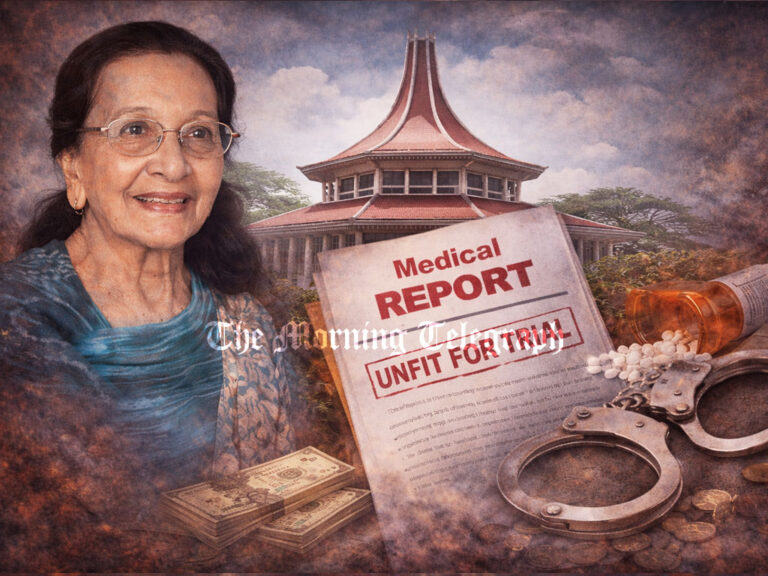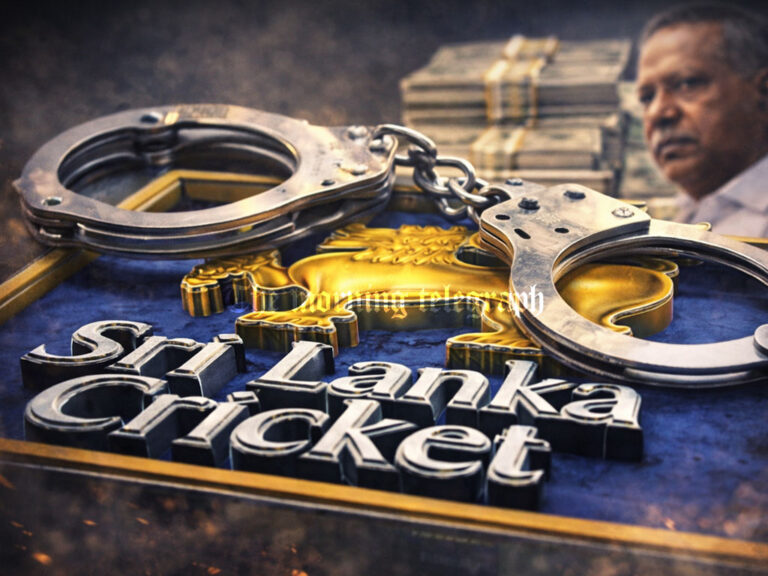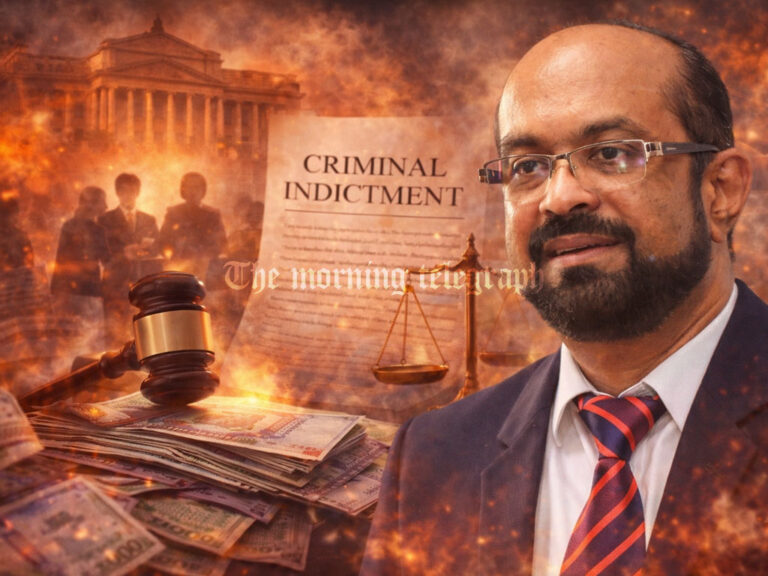
(Colombo) – International credit rating agency Moody’s has reported that Sri Lanka’s recent political transition, with the appointment of President Anura Kumara Dissanayake, will not bring significant changes to the country’s ongoing economic reforms, including the debt restructuring program with the International Monetary Fund (IMF).
In a report addressing the current situation, Moody’s emphasized that macroeconomic policies, particularly those concerning debt restructuring and structural adjustments under the IMF program are expected to remain largely unchanged. The rating agency acknowledged that President Dissanayake has not opposed the debt restructuring process, and it foresees continuity in the core elements of the economic reform agenda.
However, Moody’s highlighted that while the fundamental reform processes may continue, challenges to maintaining financial stability could arise. Adjusting certain policy priorities within the new administration could lead to increased credit risk and potentially high classifications.
The IMF’s Economic Transformation Act, passed during the tenure of former President Ranil Wickremesinghe, outlines economic and financial reforms that, according to Moody’s, cannot be altered without a new legislative act or amendment. This legislation plays a crucial role in maintaining the framework for economic recovery and fiscal reforms that Sri Lanka has committed to under its IMF agreement.
IMF Endorses Continued Reform Path
In parallel, Ms. Kristalina Georgieva, Managing Director of the IMF, expressed optimism about the future of Sri Lanka under President Anura Kumara Dissanayake’s leadership. In a letter addressed to the President, she conveyed her confidence that the country can achieve stable, inclusive, and prosperous growth.
Georgieva reaffirmed the IMF’s support for Sri Lanka’s reform agenda and emphasized the importance of continuing with the debt restructuring process to secure long-term economic stability.
The IMF’s backing provides a critical foundation for Sri Lanka’s recovery, as the nation grapples with both domestic challenges and external financial pressures.
Political Transition and Economic Continuity
Despite the change in leadership, the overarching message from Moody’s and the IMF is that Sri Lanka will maintain its course on economic reforms and debt restructuring. These reforms, initiated under the previous administration, have been deemed essential to restoring financial stability and fostering growth.
Moody’s noted that although there may be some recalibration of priorities under the new administration, the core goals of economic recovery are expected to remain intact. The agency’s outlook suggests that the continuity in Sri Lanka’s reform trajectory is crucial in sustaining investor confidence and mitigating further financial risks.
With both Moody’s and the IMF voicing their support for Sri Lanka’s current reform path, President Dissanayake faces the dual challenge of maintaining stability while addressing domestic concerns and recalibrating policies to align with his administration’s vision for the country.







